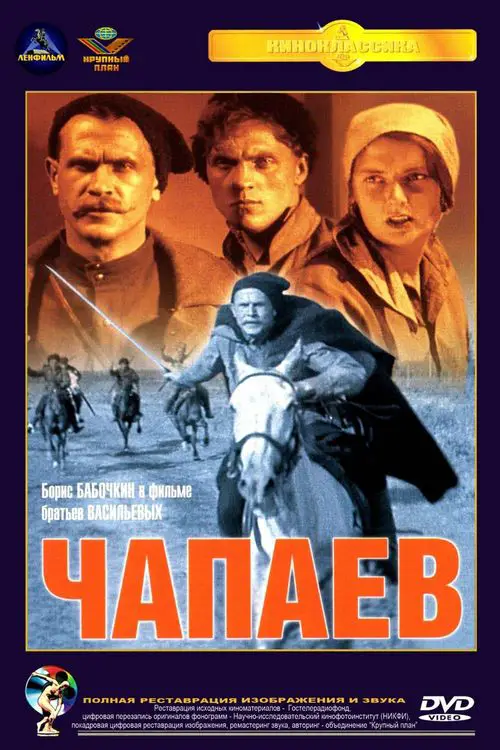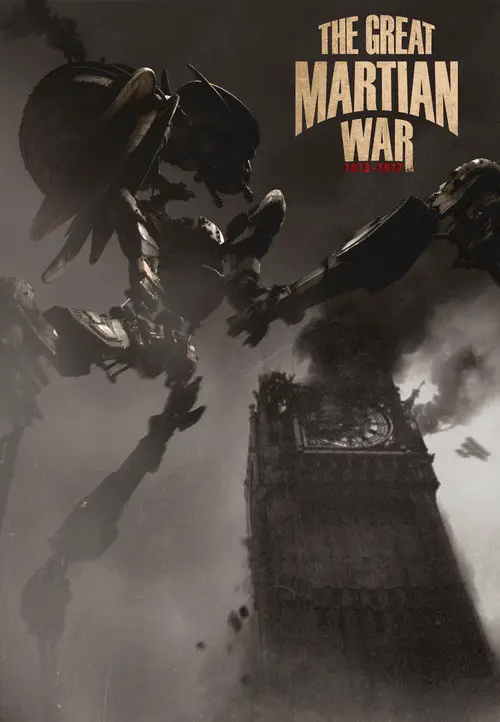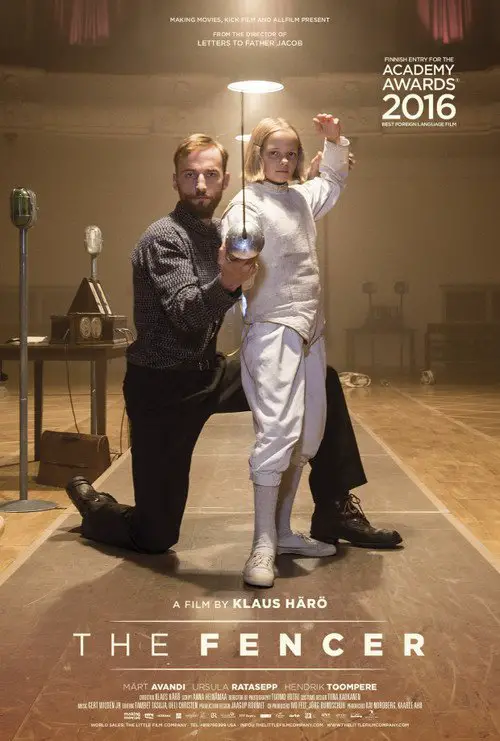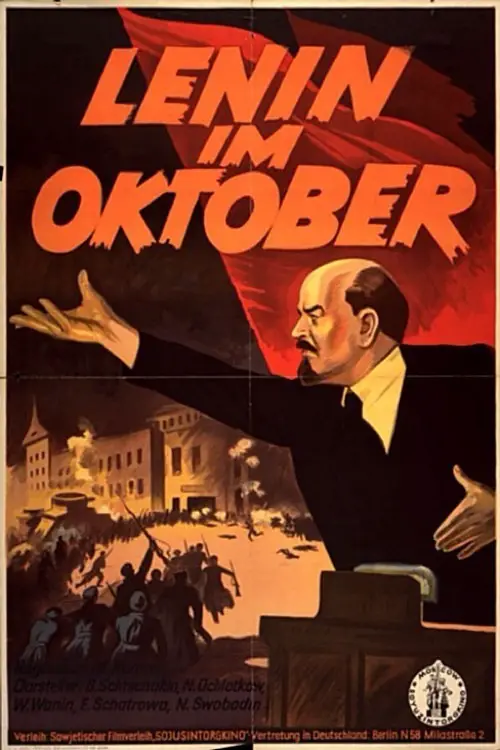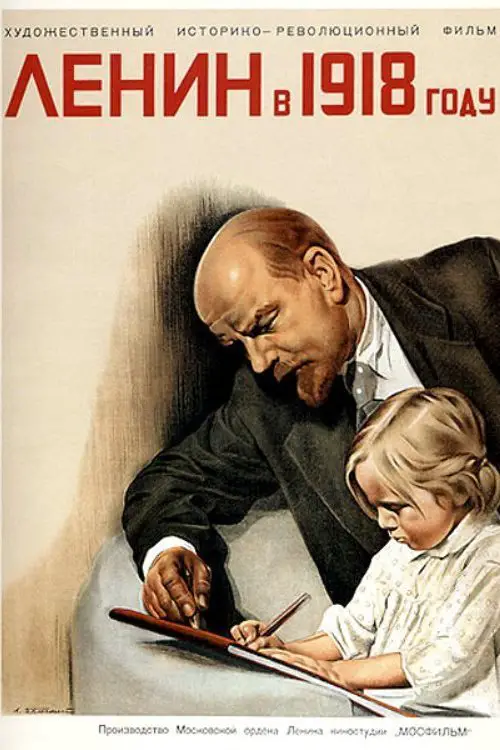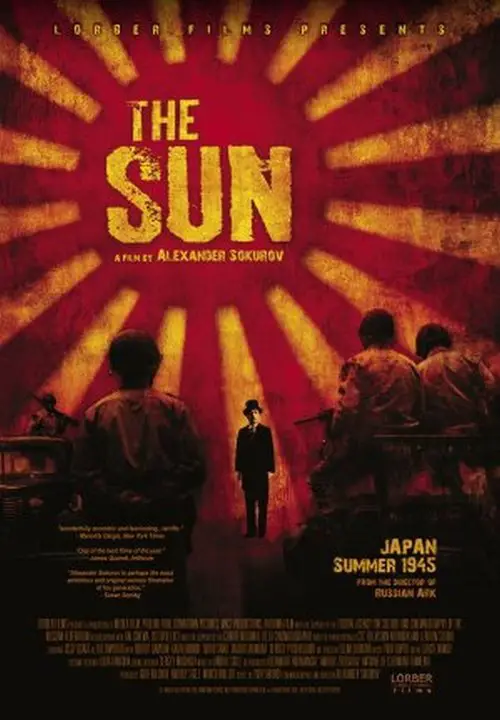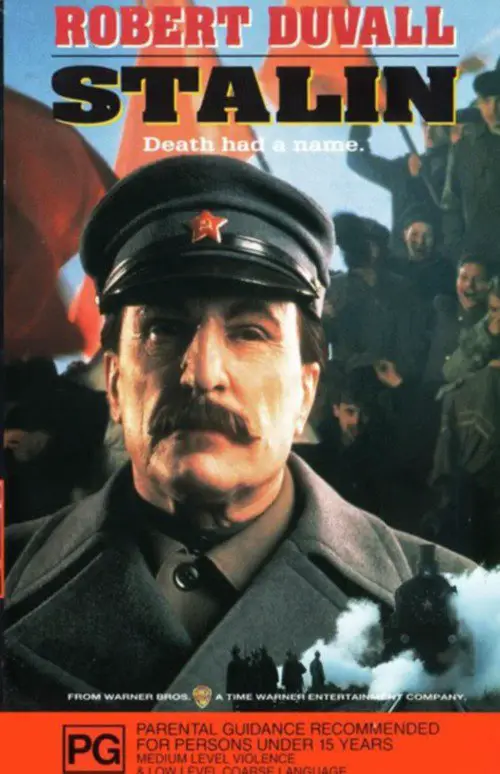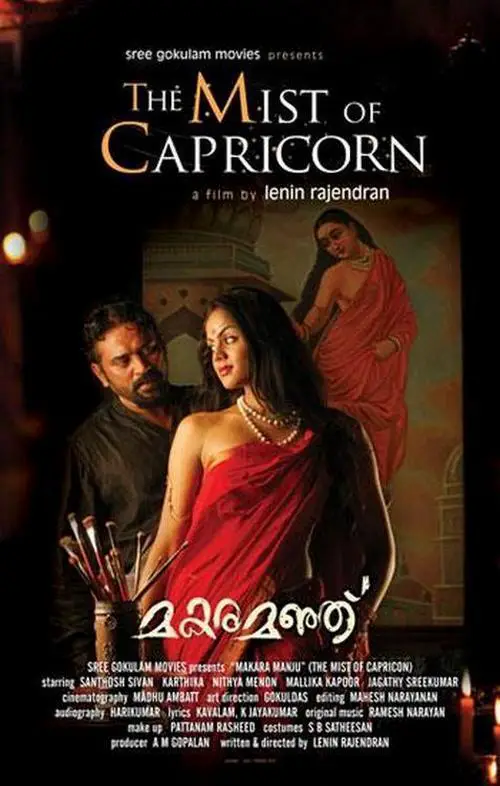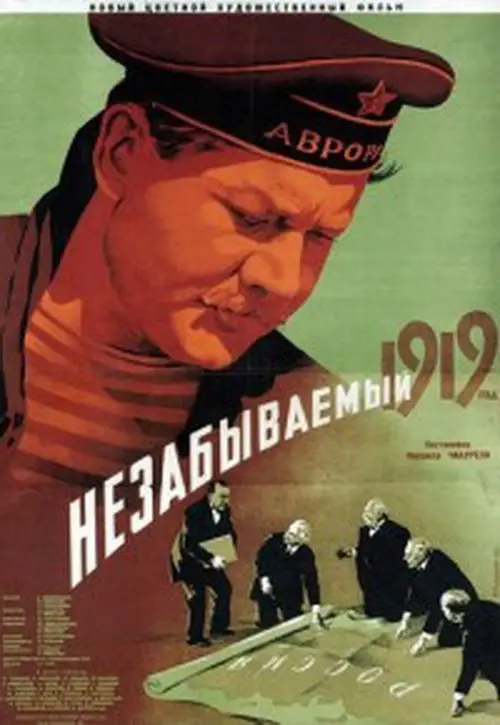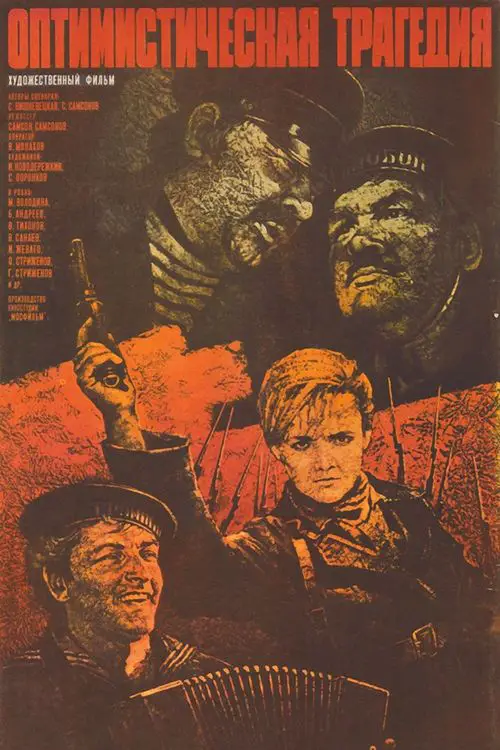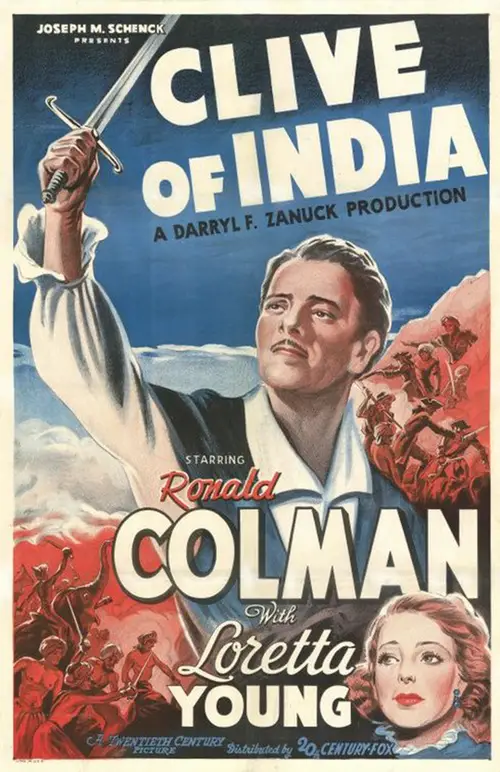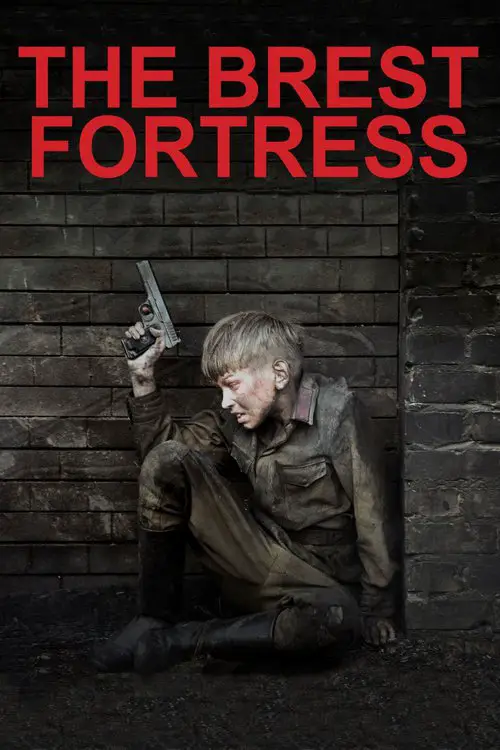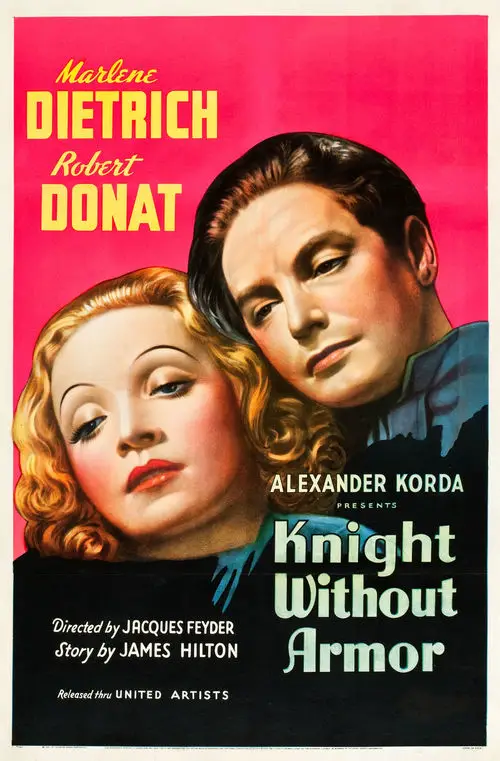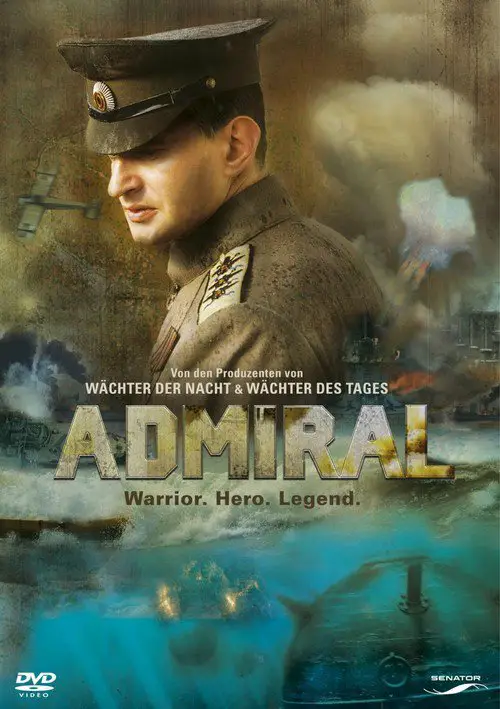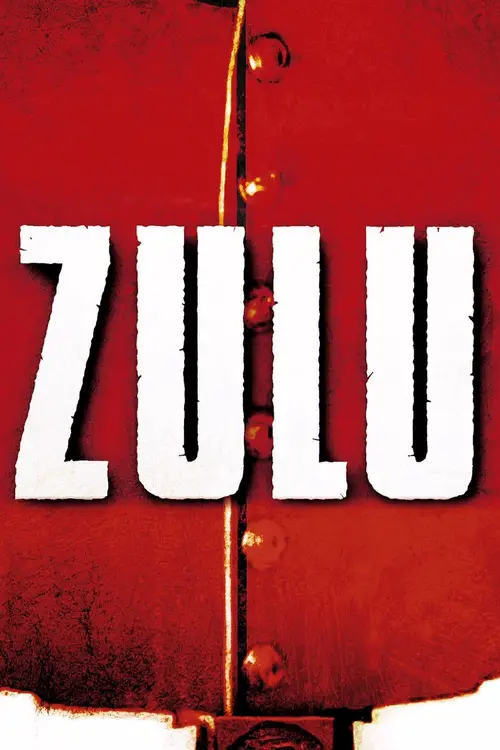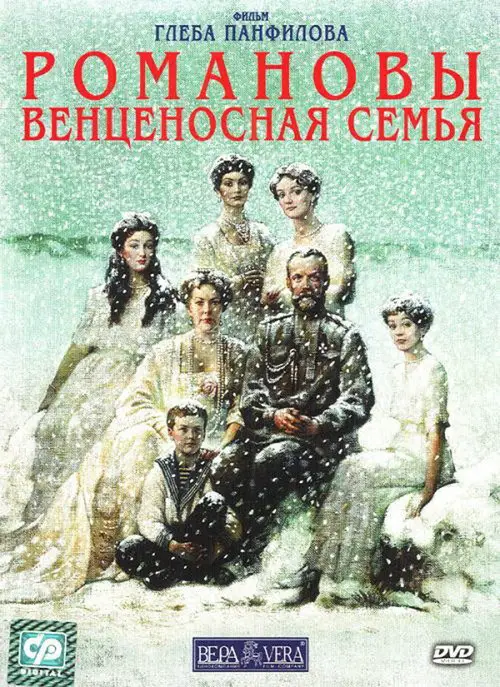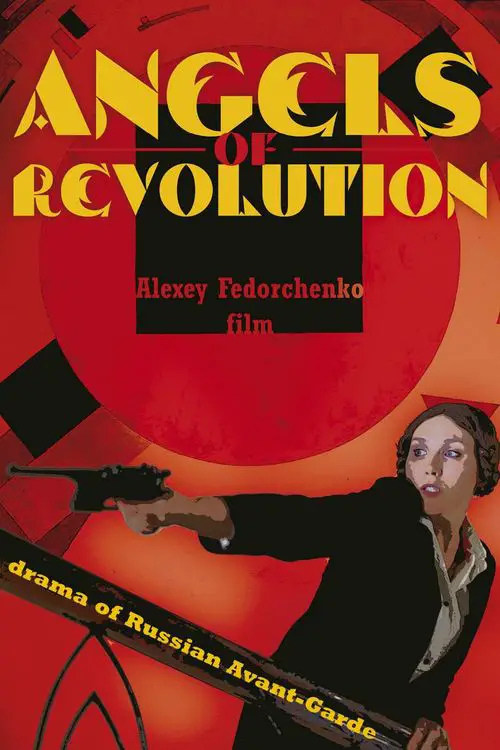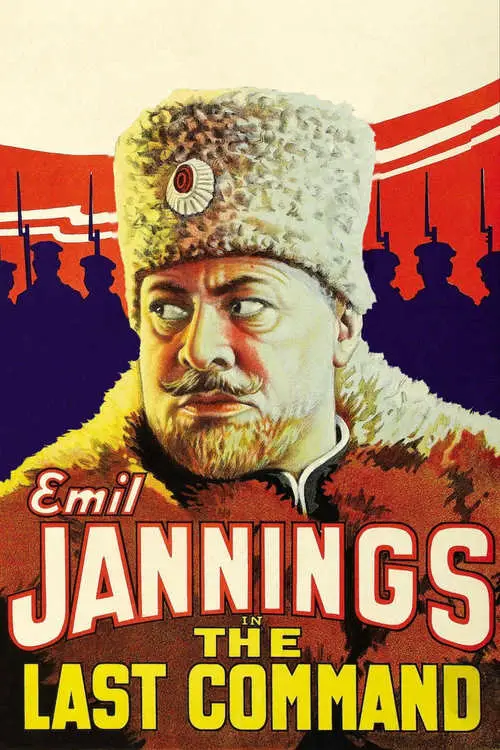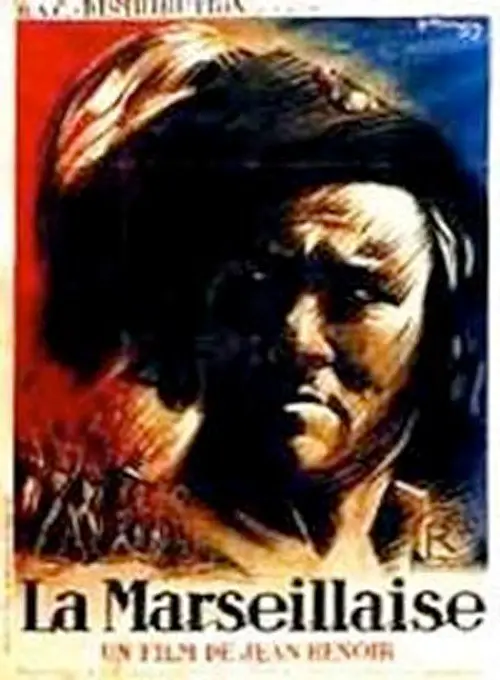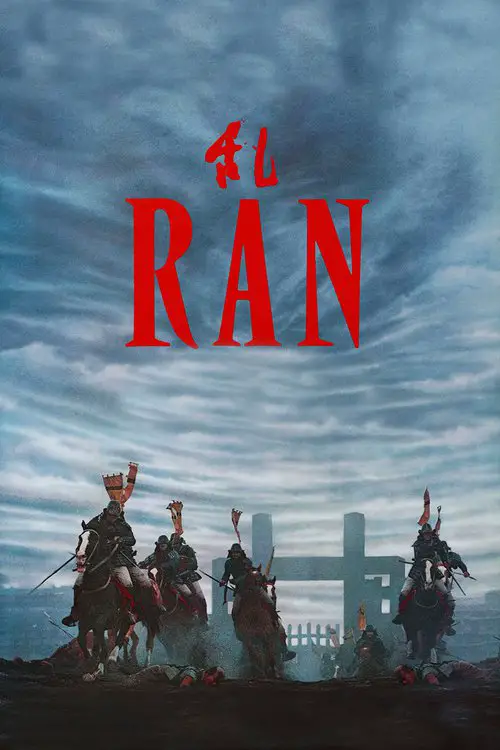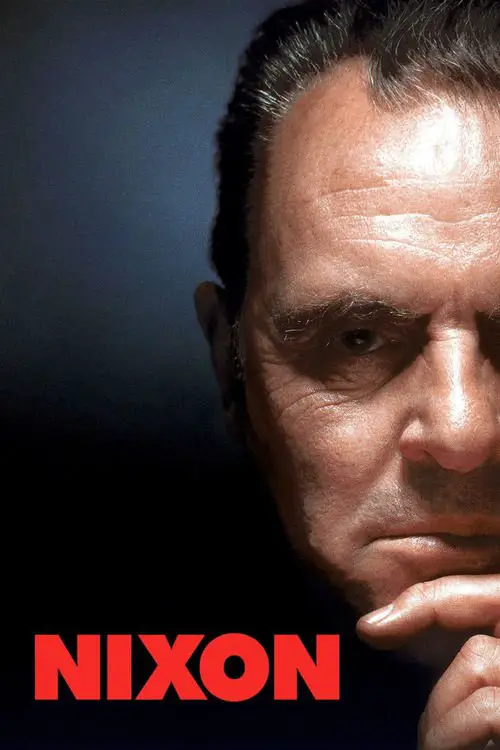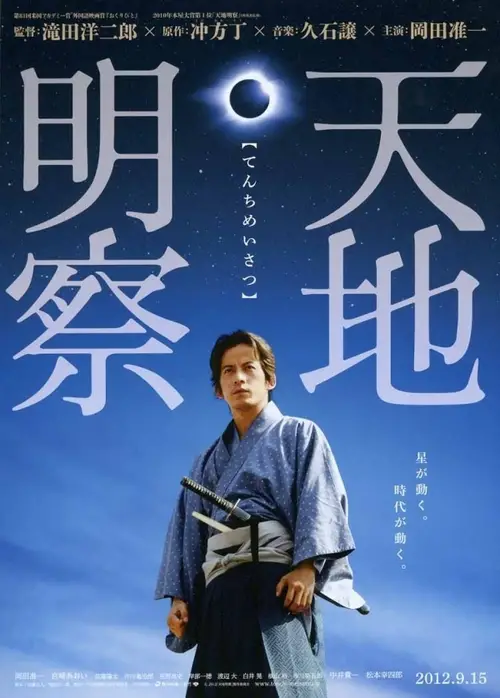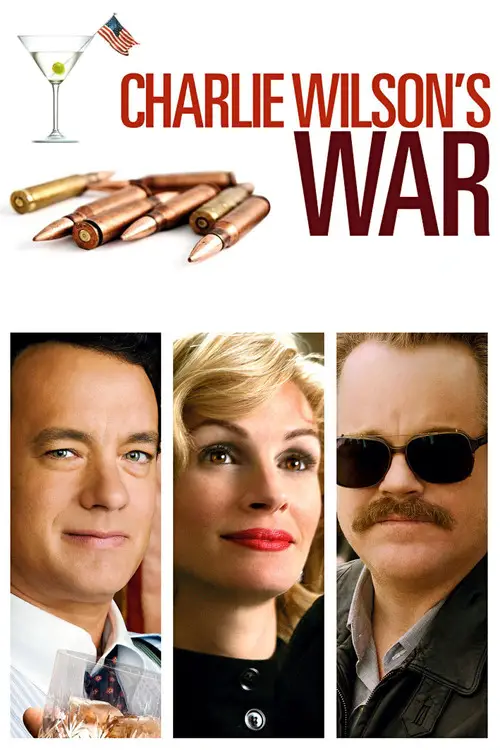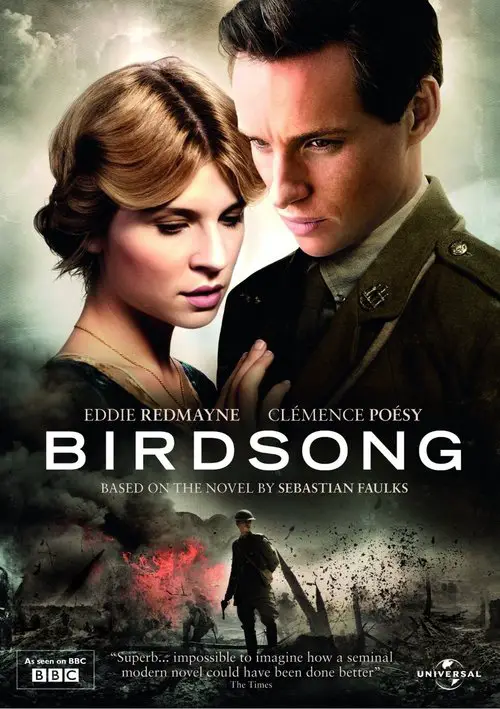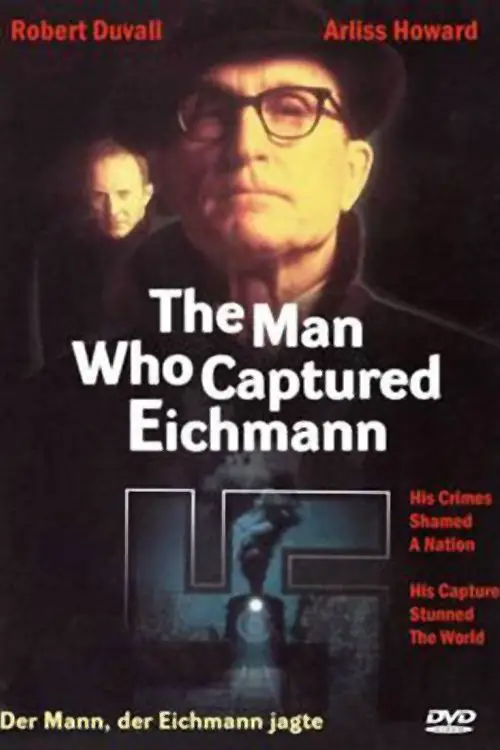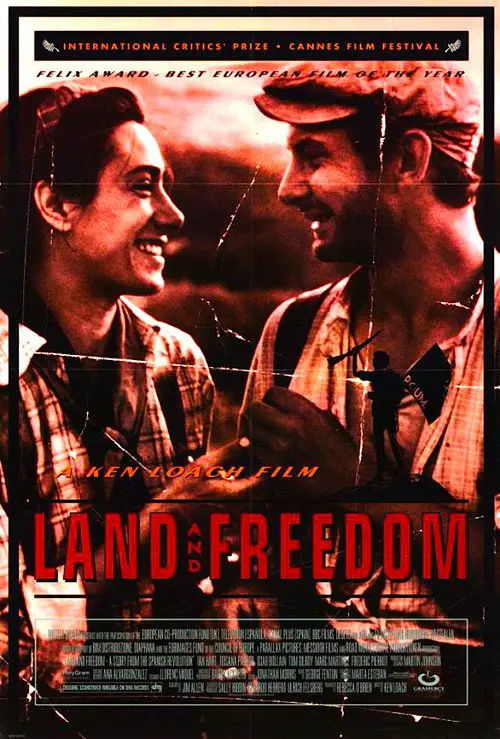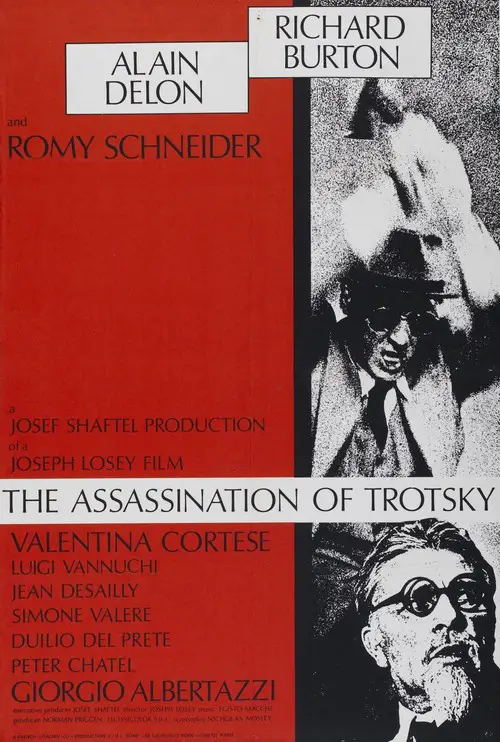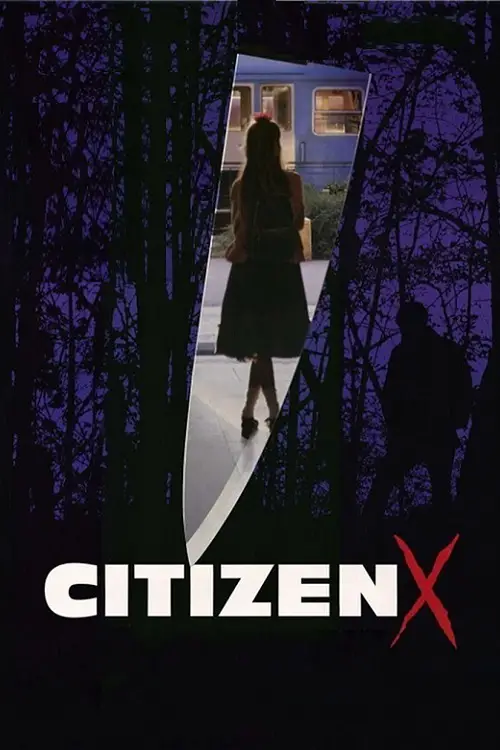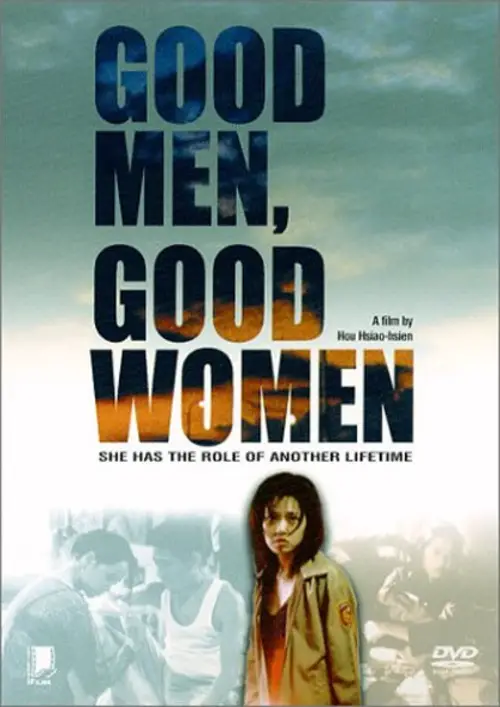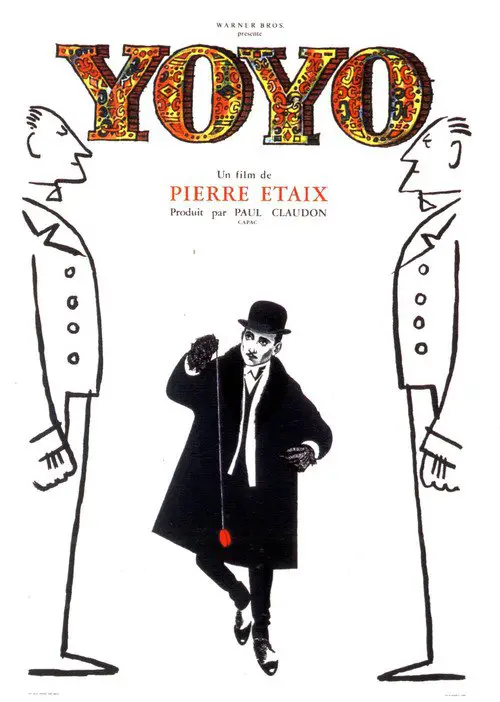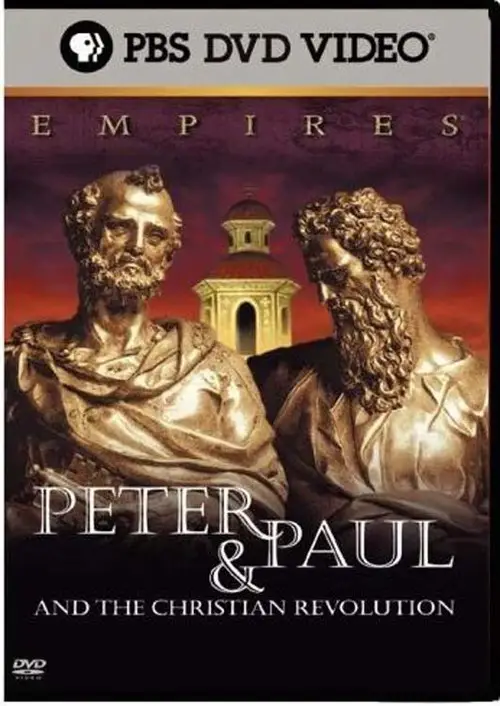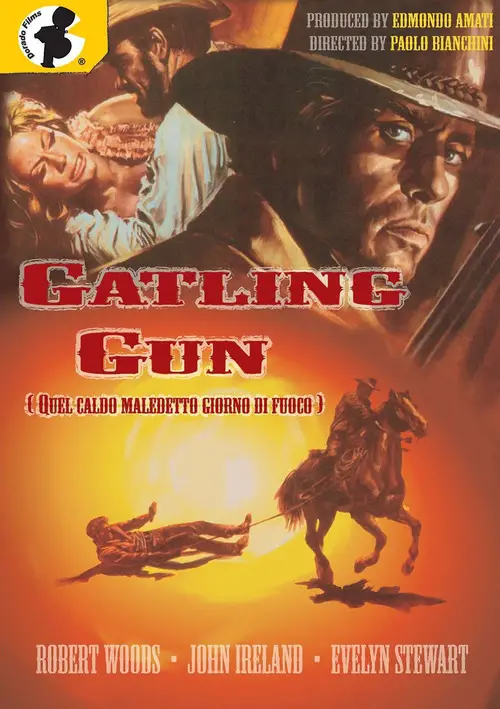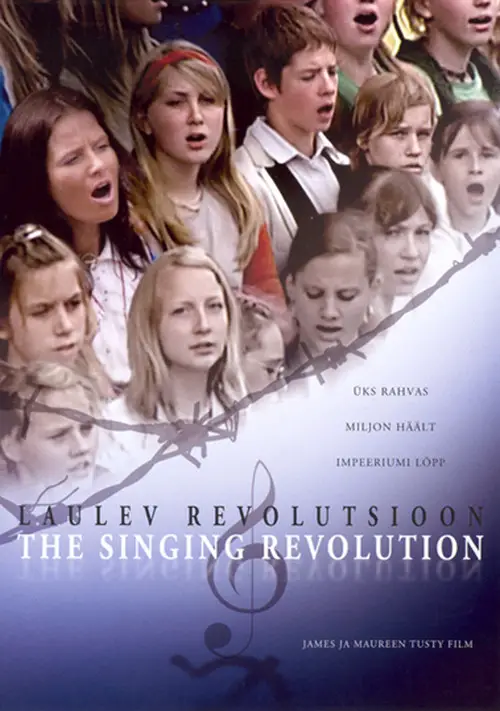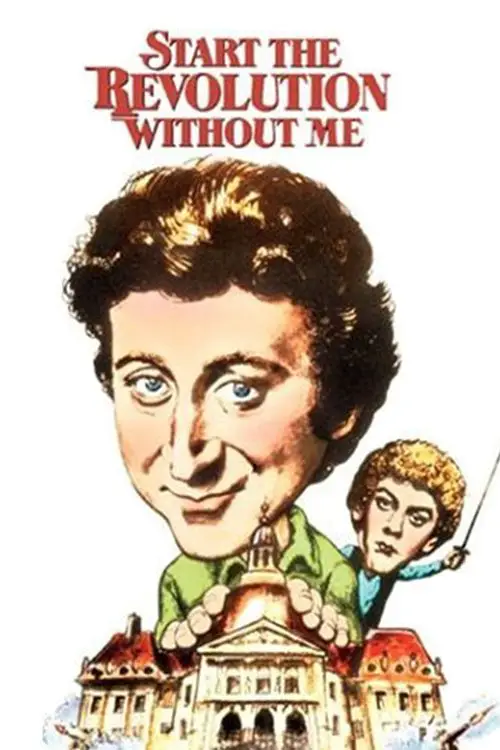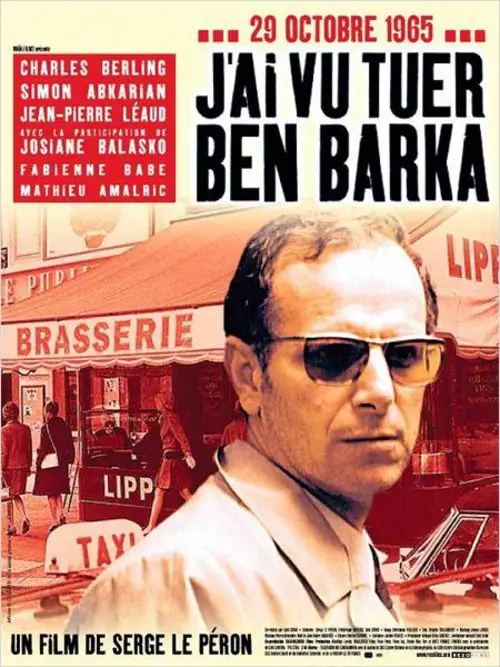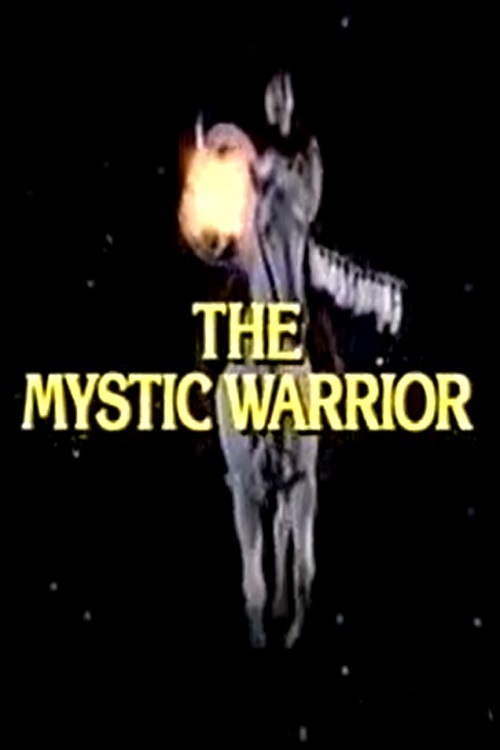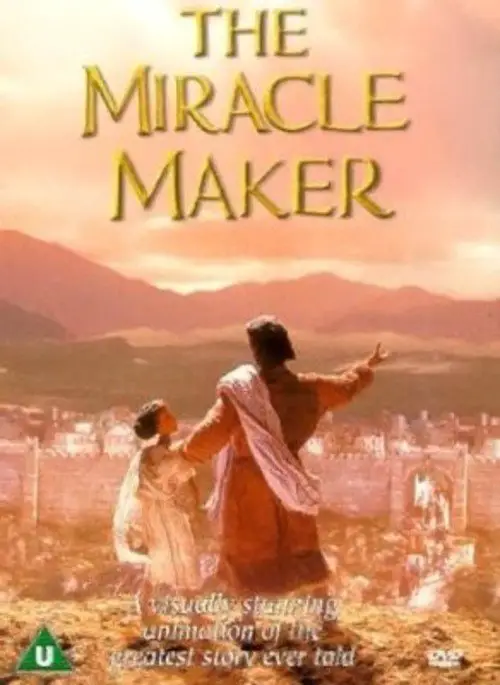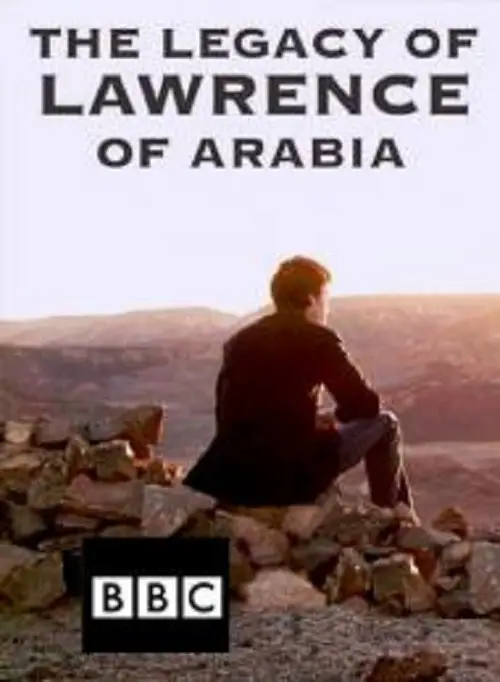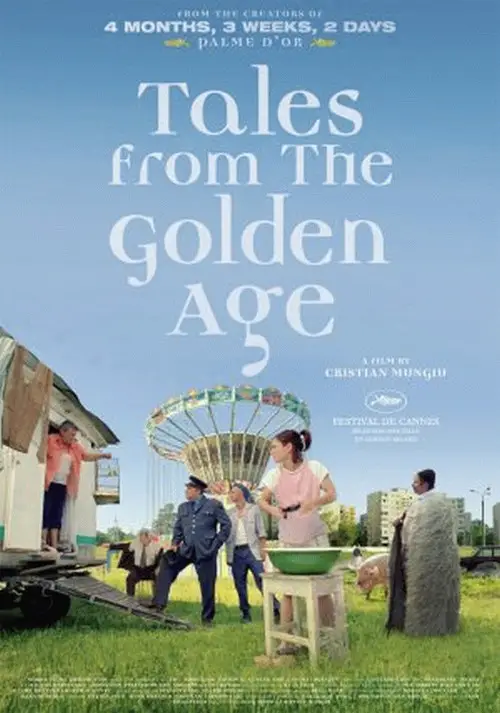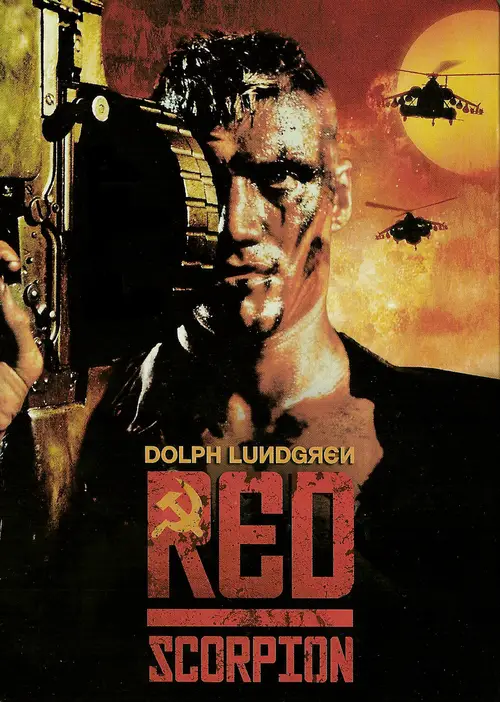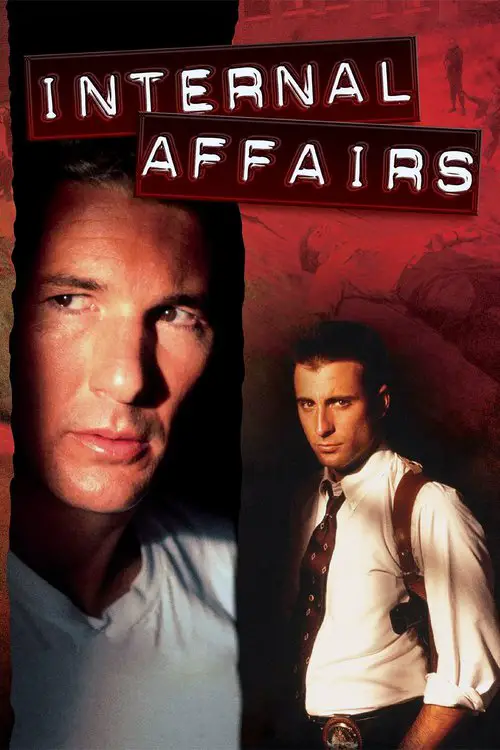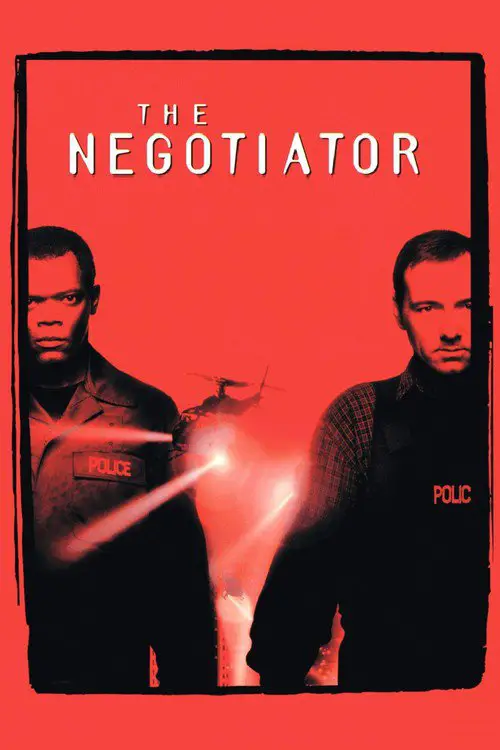December 20th (1982)
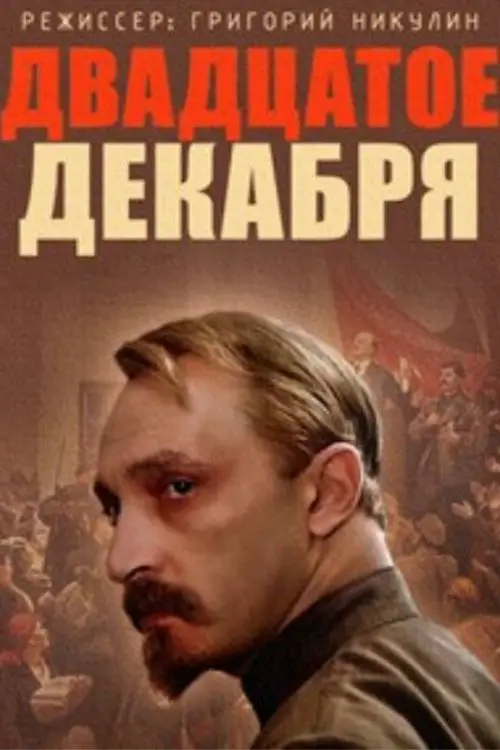
Similar movies
This film is based on the book about Vasili Ivanovich Chapaev (1887 - 1919) who was in real life the Commander of the 25th Division of the Red Army. Chapaev is an uneducated peasant and a decorated hero in the World War I and later in the Russian Civil War, that followed the Russian revolution. This man of action is fighting on the side of the poor people. His troops consist of peasants, just like him. Unable to write, he can brilliantly demonstrate various battle tactics by moving potatoes on the table. He is street smart. He never lost a battle against the experienced Generals of the Tzar's Army.
In Warsaw in 1980, the Communist Party sends Winkel, a weak, alcoholic TV hack, to Gdansk to dig up dirt on the shipyard strikers, particularly on Maciek Tomczyk, an articulate worker whose father was killed in the December 1970 protests. Posing as sympathetic, Winkel interviews the people surrounding Tomczyk, including his detained wife, Agnieszka.
Documentary-drama recounting the Martian War of 1913 - 1917. Europe was on tenterhooks in the 2nd decade of the 20th century, everyone was expecting a Great War between the major European powers. But then, in 1913, something crashed into the forests of SW Germany. Troops were sent to investigate but were wiped out. Martian fighting machines began making their way across Western Europe and the countries of Europe combined forces to resist them. With aspects taken from "The War of the Worlds" by H.G. Wells and from WWI itself, this dramatisation presents a documentary style look at events as they unfolded and the effect they had of our world today. Lots of references to real events including the mass attacks and defeats as men were thrown against machines on the Western front, the Christmas truce and the Angel of Mons, America's isolationism and late entry into the conflict, the worldwide "Spanish" flu epidemic that killed more people than the war, and many other things.
March/April 1917. The first world war is already a couple year to pace. A sealed train with Russian emigrants keeps on driving from Zürich Germany and Sweden to Sint-Petersburg. The outlaws stand under the guidance of Vladimir J. Lenin. Two senior officers support the revolutionary bomb "to ensure that everything runs smoothly. Yet there are some unpleasant clashes between Socialists and enthusiastic workers who are worried about the war. During train travel there comes an end to Lenin's affair with the gracious Inessa, and his wife Nadja is prepared take back him. The triumphant entrance in St. Petersburg will exceed all expectations....
An introverted champion athlete arrives from Leningrad to Haapsalu in 1952 to become a PE teacher. Against principal's opposition, he starts teaching children fencing. From a bumpy begininng, fencing becomes a therapy for children and the trainer after rough war time. But principal still wants to know why the athlete came to Haapsalu in the first place.
The Sun (Russian: СóлнÑе, Solntse) is a 2005 Russian biographical film depicting Japanese Emperor ShÅwa (Hirohito) during the final days of World War II. The film is the third drama in director Aleksandr Sokurov's trilogy, which included Taurus about the Soviet Union's Vladimir Lenin and Moloch about Nazi Germany's Adolf Hitler.
The film tells the story of Raja Ravi Varma at a certain stage in his life. He is in the process of painting a masterpiece. The theme of his painting is Pururavas, the legendary king who fell in love with the heavenly nymph Urvashi, who later agrees to become his wife on certain conditions, but disappears without a trace when she discovers that the conditions were violated. Pururavas wanders all around to find her and ultimately does get united with his lover. Ravi Varma, during his work, finds himself attracted to his model Sugandha Bhai and this relationship begin to acquire certain shades of the legend of Urvashi and Pururavas. Together they are thrown into a torrent of love and passion from which they find it difficult to scape.
Soviet propaganda film in two episodes about Stalin's strong and cruel suppression of the 1919 anti-communist uprising in St. Petersburg, Russia. Stalin and Lenin are shown as heroes who destroyed the efforts of anti-communists led by White Russians with support from "bad" British capitalists headed by Sir Winston Churchill and Lloyd George.
Open City is a landmark in film history. Filmed in secrecy during the Nazi occupation of Italy, the film shows a realistic portrayal of the underground resistance in Italy in 1945. The film has strong impacting imagery with itâs mix of fiction and reality that strengthened Italian Neo-realism and the film industry.
As the communist revolt progresses in Russia, a female commissar is dispatched to some anarchist sailors to get them on board the party bandwagon. Her arrival is met with skepticism and an attack by an aspiring rapist. She shoots the man in self defense and begins to form the sailors into a cohesive fighting unit. Joining the unit for a mission, the sailors are all murdered before they can convert to communism. The fallen angel is held up as a symbolic heroine to the people's cause in this decidedly propaganda-drenched film. The film took a specially created prize at the 1963 Cannes Film Festival, somewhat to the consternation of critics who failed to observe its merits.
In the mid-1700's the East India Company has power over commerce on the sub-continent, with the blessings of the British government. A clerk in the company, Robert Clive, is frustrated by his lack of advancement, and transfers to the military arm of the company, where he excels. Clive's leadership and gift for manipulation strengthen England's hold over India and lead to personal wealth, which is often threatened by the enemies he makes along the way.
The movie describes the life of Adolf Hitler from childhood to manhood, and his rise to power. From his poor childhood in Austria, the first world war from his point of view, we see how Hitler was transformed from a poor soldier into the leader of the Nazis, and how he survived all attempts to kill him. We learn of his relationship with his mistress Eva Braun, his decisions and of his enemies inside the Nazi party.
This is a story of a great love facing the greatest drama of the history of Russia. Admiral Kolchak is a true war hero and beloved husband and father. One day he meets Anna, the love of his life and the wife of his best friend. The revolution in his heart faces the revolution in his own country His destiny is to become the Supreme Rules of Russia.
In 1879, during the Zulu wars, man of the people Lt. John Chard (Stanley Baker) and snooty Lt Gonville Bromhead (Michael Caine) are in charge of defending the isolated Natal outpost of Rorke's Drift from tribal hordes, holding out during an Alamo-like seige until they are overwhelmed, losing the battle, but going down in history as heroes. 150 soldiers defended a supply station against some 4000 Zulus, aided by the Martini-Henry rifle 'with some guts behind it. "At Rorke's Drift, eleven Victoria Crosses were awarded. Seven to the 2nd Battalion, 24th (2nd Warwickshire) Regiment of Foot, one to the Army Medical Department, one to the Royal Engineers, one to the Commissariat and Transport Department and one to the Natal Native Contingent.
This movie tells the true story of John Reed, a radical American journalist around the time of World War I. He soon meets Louise Bryant, a respectable married woman, who dumps her husband for Reed and becomes an important feminist and radical in her own right. After involvement with labor and political disputes in the US, they go to Russia in time for the October Revolution in 1917, when the Communists siezed power. Inspired, they return to the US, hoping to lead a similar revolution. A particularly fascinating aspect of the movie is the inclusion of interviews with "witnesses", the real-life surviving participants in the events of the movie.
New York trapper Tom Dobb becomes an unwilling participant in the American Revolution after his son Ned is drafted into the Army by the villainous Sergeant Major Peasy. Tom attempts to find his son, and eventually becomes convinced that he must take a stand and fight for the freedom of the Colonies, alongside the aristocratic rebel Daisy McConnahay. As Tom undergoes his change of heart, the events of the war unfold in large-scale grandeur.
Five friends â a poet, an actor, a painter, an architect and a primitivist film director â are five red avant-garde artists who try to find the embodiment of their hopes and dreams in the young Soviet state. The Revolution is boiling up like a bottle with apple cider: winged service dogs and heart-shaped potatoes, dead Semashko, the Peopleâs Commissar for Health, and cheerful angels, love for the Tsar and love for the young secretary Annushka, executions and pregnancies â everything is interlaced and inseparable!
Danton (Gérard Depardieu) and Robespierre (Wojciech Pszoniak) were close friends and fought together in the French Revolution, but by 1793 Robespierre was France's ruler, determined to wipe out opposition with a series of mass executions that became known as the Reign of Terror. Danton, well known as a spokesman of the people, had been living in relative solitude in the French countryside, but he returned to Paris to challenge Robespierre's violent rule and call for the people to demand their rights. Robespierre, however, could not accept such a challenge, even from a friend and colleague, and he blocked out a plan for the capture and execution of Danton and his allies.
In eighteenth-dynasty Egypt, Sinuhe, a poor orphan, becomes a brilliant physician and with his friend Horemheb is appointed to the service of the new Pharoah. Sinuhe's personal triumphs and tragedies are played against the larger canvas of the turbulent events of the 18th dynasty. As Sinuhe is drawn into court intrigues he learns the answers to the questions he has sought since his birth.
A chronicle of the life of Yasui Santetsu, a 17th century master of go who turned his attention to astronomy and created a new calendar for Japan. Based on the life of Santetsu Yasui (December 27, 1639-November 1, 1715), appointed as the first official astronomer in the Edo Period and would go on to create the Jokyo calendar at the imperial request.
King Henry II of England has trouble with the Church. When the Archbishop of Canterbury dies, he has a brilliant idea. Rather than appoint another pious cleric loyal to Rome and the Church, he will appoint his old drinking and wenching buddy, Thomas Becket, technically a deacon of the church, to the post. Unfortunately, Becket takes the job seriously and provides abler opposition to Henry.
English General Charles George Gordon, a devout Christian, is appointed military governor of Anglo-Egyptian Sudan by Prime Minister Gladstone. Ordered to evacuate Egyptians from the Sudan, General Gordon stays on to protect the people of Khartoum, who are under threat of being conquered by a Muslim army.
The familiar story of Lieutenant Bligh, whose cruelty leads to a mutiny on his ship. This version follows both the efforts of Fletcher Christian to get his men beyond the reach of British retribution, and the epic voyage of Lieutenant Bligh to get his loyalists safely to East Timor in a tiny lifeboat.
Set in 1960, the story follows the efforts of the Mossad, the Israeli Secret Service, to find former SS Colonel Adolf Eichmann, who ran from Germany to Argentina and took the name Ricardo Clement. He was wanted for the murders of both Europeans and Jews during the Holocaust. Learning of Eichmann's living in Argentina, the Mossad sends a team to capture him, led by agent Peter Malkin. The standing order: bring Eichmann back alive to Israel for trial.
Set in German-occupied Norway, this is an embellished account of the remarkable efforts of the Norwegian resistance to sabotage the German development of the atomic bomb. Resistance fighter Knut Straud enlists the reluctant physicist Rolf Pedersen in an effort to destroy the German heavy water production plant near the village of Rjukan in rural Telemark. In the process, Pedersen discovers that hi
The movie narrates the story of David Carr, an unemployed worker and member of the Communist Party of Great Britain. In 1936 he decides to fight for the Republican side in the Spanish Civil War, an anti-fascist coalition of liberals, communists and anarchists. Similar to George Orwell's experiences documented in Homage to Catalonia, he joins the POUM worker militia and witnesses first hand the betrayal of the Spanish revolution by the Stalinists, loyal only to the dictat of Moscow.
Based on the true story of a Russian serial killer who, over many years, claimed victim to over 50 people. His victims were mostly under the age of 17. In what was then a communists state, the police investigations were hampered by bureaucracy, incompetence and those in power. The story is told from the viewpoint of the detective in charge of the case.
Intended as the concluding film in the trilogy on the modern history of Taiwan began with Beiqing Chengshi (1989), this film reveals the story through three levels: a film within a film as well as the past and present as linked by a young woman, Liang Ching. She is being persecuted by an anonymous man who calls her repeatedly but does not speak. He has stolen her diary and faxes her pages daily. Liang is also rehearsing for a new film that is due to go into production soon. The film, entitled Haonan Haonu, is about a couple Chiang Bi-yu and Chung Hao-tung who returns to China to participate in the anti-Japanese movement in China in the 1940s and are arrested as communists when they go back to Taiwan.
Two thousand years ago, in the Roman province of Judea, Jesus was crucified by imperial troops. Thousands before him had suffered the same fate. But unlike his predecessors on the cross, Jesus did not disappear from history. Instead, his memory was kept alive by a small band of Jews - men and women who held fast to their conviction that Jesus was the Messiah.
A documentary that takes a broad overview of the life of the self-Leader, which is a review of the history of the twentieth century so far. Thus, the main events of the century are analyzed through the experience of Franco, who starred in many of them in this historic document which brings together, among others, Alfonso XIII, Mussolini, Lenin, Primo de Rivera, Azana or Roosevelt.
Most people don't think about singing when they think about revolutions. But song was the weapon of choice when, between 1986 and 1991, Estonians sought to free themselves from decades of Soviet occupation. During those years, hundreds of thousands gathered in public to sing forbidden patriotic songs and to rally for independence. "The young people, without any political party, and without any politicians, just came together ... not only tens of thousands but hundreds of thousands ... to gather and to sing and to give this nation a new spirit," remarks Mart Laar, a Singing Revolution leader featured in the film and the first post-Soviet Prime Minister of Estonia. "This was the idea of the Singing Revolution." James Tusty and Maureen Castle Tusty's "The Singing Revolution" tells the moving story of how the Estonian people peacefully regained their freedom--and helped topple an empire along the way.
An account of the adventures of two sets of identical twins, badly scrambled at birth, on the eve of the French Revolution. One set is haughty and aristocratic, the other poor and somewhat dim. They find themselves involved in palace intrigues as history happens around them. Based, very loosely, on Dickens's "A Tale of Two Cities," Dumas's "The Corsican Brothers," etc.
Janvier 1966. Dans un meublé parisien, la police découvre le cadavre de Georges Figon, l'homme qui a fait éclater le scandale de l'affaire Ben Barka et ébranlé le pouvoir gaulliste.
Un an plus tôt, Figon, lassé des affaires douteuses et des escroqueries minables, est à la recherche d'un coup juteux. Proche du "milieu" depuis ses années de prison, il se voit confier une mission de grande envergure : produire un documentaire sur la décolonisation, écrit par Marguerite Duras et réalisé par Georges Franju, avec l'aide du célèbre opposant marocain Mehdi Ben Barka, engagé comme conseiller historique.
Ce projet de film est un piège...
A mother and father in search of help for their sick daughter cross paths with an extraordinary carpenter named Jesus, who has devoted his life to spreading God's word. An amazing miracle brings to light the true meaning of Christ, and the sacrifices he endured for the deliverance of mankind. A compelling story of faith, trust, and devotion.
In the First World War, T.E Lawrence helped to unite feuding Arab tribes into a formidable guerrilla army which helped to topple the Ottoman Empire. But today Lawrence has an extraordinary new relevance. His experiences of defeating a foreign military occupation, and of leading an insurgency, have led to him being held up as the man who cracked fighting in the Middle East. Lawrence had aimed, he said, âto write his will across the skiesâ and build a new independent Arab nation, but in these two films Rory Stewart shows how Lawrence felt his dream ended in catastrophe and shame. Drawing a comparison between Lawrence's experience and today, Rory explains how Lawrence came to the conclusion that foreign military interventions in the Middle East are fundamentally unworkable. He concludes, 'Looking at Iraq and Afghanistan today, I believe very strongly that Lawrence's message would not have been do it better, do it more sensitively, but don't do it at all.'.
Tales from the Golden Age is composed of 5 unconventional short stories, each one dealing with the late communist period in Romania, told through its urban myths from the perspective of ordinary people. The title of the film refers to the alluded "Golden Age" of the last 15 years of CeauÅescu's regime.
Keen young Raymold Avila joins the Internal Affairs Department of the Los Angeles police. He and partner Amy Wallace are soon looking closely at the activities of cop Dennis Peck whose financial holdings start to suggest something shady. Indeed Peck is involved in any number of dubious or downright criminal activities. He is also devious, a womaniser, and a clever manipulator, and he starts to turn his attention on Avila.
The police try to arrest expert hostage negotiator Danny Roman, who insists he's being framed for his partner's murder in what he believes is an elaborate conspiracy. Thinking there's evidence in the Internal Affairs offices that might clear him, he takes everyone in the office hostage and demands that another well-known negotiator be brought in to handle the situation and secretly investigate the conspiracy.
© Valossa 2015–2026
| Privacy Policy
